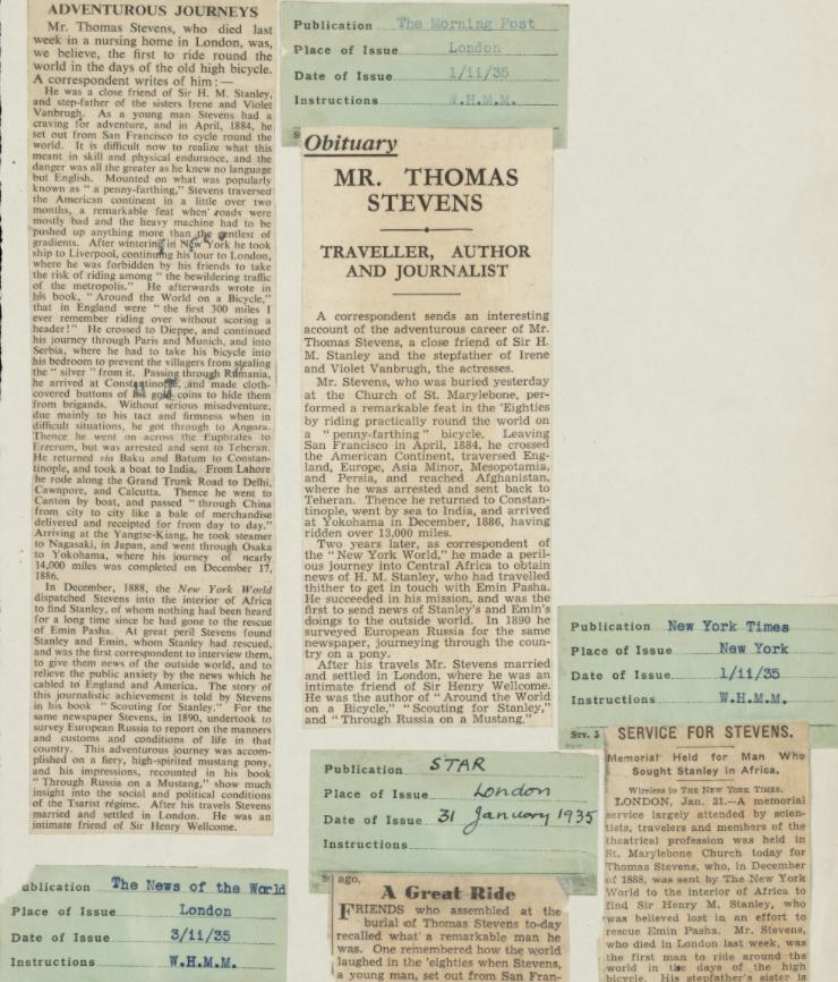There were few places my classmates and I went to during lunch. A couple of us drove, but we were in high school and weren’t allowed to drive each other. So we walked, in our uniform sweater vests and plaid skirts, to the family-owned burger eatery, the Chinese place that reeked of old egg rolls, the fake Persian restaurant where the owner was rumored to reuse bread that had been served but not eaten.
I sat with two friends, over Chinese chicken salads at the fake Persian restaurant, while we shared our college plans. One of them was gearing up to play college baseball. He grinned and told us he had gotten his “stats up,” and the college coach told him he’d be ready for the spring. He told us he would major in business.
My other friend wanted to be a pastor—he never did become one—he’d be mentored by his pastor and maybe go to Bible college after a gap year. I listened while my friends told me of the great things they had planned.
Finally, it was my turn. Stanford or Berkeley for pre-med, maybe UCLA medical once I finished my undergrad, but maybe I’d be good enough for a program like Johns Hopkins. Who knew? I certainly didn’t, but the older man in a blue suit at the next table made sure I knew he did.
“You’re too ambitious for a woman,” he said.
I ignored him. I was ambitious, what did my gender have to do with it?
“She’s smarter than any of us,” my friend told him.
I was. I graduated at the top of my small class. At graduation the word valedictorian would be printed next to my name.
“Men don’t want women who are more educated,” the man went on, “or more successful than they are.” As if my purpose for being was to be wanted by a man who wouldn’t find me intimidating.
We paid and left. None of us mentioned that man again, but I still remember his words. Maybe I’ve used them as motivation. But those words didn’t get me through my undergrad and they certainly didn’t get me into a grad program.
***
I serve at my church as a youth leader and a young adult leader. My pastors make me feel my voice is important. My input is valued; my ideas are listened to; my help is appreciated.
We attend leadership conferences regularly. If not to connect with other youth group leaders, to get new ideas or to recharge. The events, Bible studies, small groups, and services are for the students. These conferences are just for us.
The speaker at one of the main sessions—I’ll call him Pastor John—asked us to write down the most negative thing ever said to us and also the most positive thing. I wrote them down: “I’m proud of you” in messy handwriting, right underneath “You’re too ambitious for a woman.” Pastor John asked a few of us to share what we’d written. “You’ll never be more than an addict,” “How can you lead kids to Jesus when you’re so messed up?” and “Don’t tell anyone,” were among the negative examples.
I didn’t want to share, but I felt compelled to, for the other women in the room who have been (because I’m sure they have been) overlooked in ministry because of their gender, but also for the 17-year-old me who had to hear those words and never told her educated, successful mom about them.
I tried to steady my hand before raising it. I tried to keep my voice from breaking when I said those six cutting little words aloud. I heard the sharp intake of breath from those around me, and I knew that I was not alone. Other women in the room felt those words.
Pastor John sighed deeply. He affirmed that I was called to pour into the lives of the students I work with. And then he said, “My daughter needs you.” He’s right, she does. I am sure the “Victoria” of his youth ministry is doing a great job at loving his daughter and guiding her, listening to her and praying with her—just like I do with the girls at my youth group. But the man had just spent the last hour bragging about his sons. I wish I had the courage to say “Your sons need me, too.”
***
The boys in my youth group need me. They need me to call them, when they haven’t been to church in a while. They need me to see past their drug abuse and toxic relationships and tell them God sees and values them. They need me to get them to open up because sometimes it’s hard to talk to another guy about it. They need me to call out the good in them because, more often than not, no one else has.
My best moments in leadership are when my kids start taking the ministry seriously. When they start coming on Wednesday nights because they want to be there, not because the cute girl from 4th period comes. Moments like the time one boy told me I had prayed over him when he was 16 and that he’d remembered the words I said and was working to believe that God has something great in store for him. And when another boy told me he lifted his hands for the first time during worship because I spoke into his life, and he realized he needed to let go of his pride. Those moments were just as important to me as when one of my girls told me she was getting baptized because she was ready to step into new life. Or when another one of my girls told me she was going to a Christian university because she wanted to learn about God, just like I did. And I wish I didn’t have to tell her how little most of the Bible professors at my Christian university thought of the women in their classes.
We have three women leaders in our youth ministry. We’re outnumbered, but often we manage to be the first to volunteer to plan events, the first to drive students home after service, the first to arrive Wednesday nights, the first to give answers to the hard, intimidating questions. The three of us made the time for this conference, accompanied by our pastor and the one male leader who decided it was worth his time.
We all hear you say your daughters need us. But we all know what you fail to realize: your sons need us too. We love this ministry, and we are capable and equipped by the same God who called you. We are filled by the same Holy Spirit that lives inside you, Pastor.




